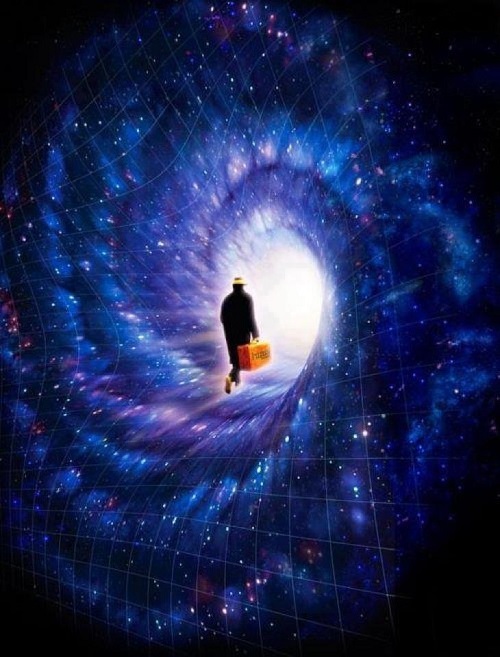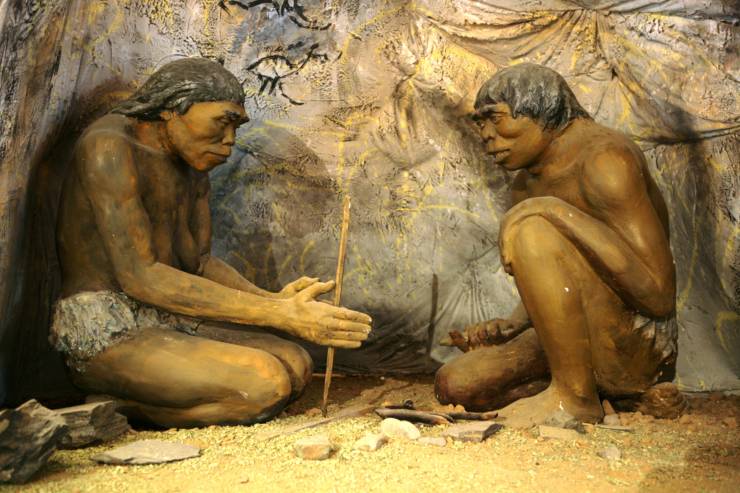Announcement: Our co-editor Rui Carvalho has released a new book, Pieces of Hope. It will be available very soon. The book is a collection of short stories and poems translated in Portuguese, Spanish and English (and four also in Italian and one in Danish, with the help of the Danish Embassy here in Portugal).
ALSO – please feel welcome to join Synchronized Chaos Magazine next month at the Association of Writing Programs (AWP) conference in Portland, Oregon. I, Cristina Deptula, speak Saturday March 30th on a panel, ‘Beyond Publicity: Getting Your Book Out There in a Changing Media Landscape’ and we are hosting a partnered reading the night before at 6pm at the OpenHaus co-working space, where established authors create pieces inspired by the works of emerging authors and read together with them at this event.
I’m reading and participating alongside a large group, to which Leena Prasad, Ross Robbins, Joe Biel, Doug Hawley, Leticia Garcia Bradford, Lisa Loving and Gina DeVries have all provided intellectual, creative, practical and moral support and to whom we are incredibly grateful. We encourage all who will participate in this reading to contribute work to Synchronized Chaos Magazine in the future.
Now, for March 2019’s issue.
Many cultures’ creation stories involve the deity, or the first humans, naming creatures as they give life to them. In a way, we all do our own ‘naming’ process throughout life. This is more than simply choosing a word to call something or someone, but figuring out what kinds of categories and traits matter, and who is important and worthy of our attention.
What do we decide to notice, to value in life? Each of our submissions this month deals with naming, giving meaning to a part of our universe.
In her monthly Book Periscope column, Elizabeth Hughes reviews LaVera Edick’s Cat Tales, Kitty Capers, the story of how people found love and companionship over years with their pet cats. She also discusses Clem Masloff’s Trees Unlimited, a novel in which characters have to sort through others’ actions to determine their true motives.
Vijay Nair’s poetry, along with Jeongeui Son’s paintings and accompanying artist statements, draw upon natural scenes and phenomena to reflect human emotions. Jeongeui’s flowing streams show us how not even pain lasts forever and we can recover from trauma, while Nair finds romance in couples snuggled up during winter and the delicacy of a butterfly.
Mahbub also looks to nature to convey how love distracts us, pulling us out of ourselves into connection with the larger universe. That shows up most poignantly in a touching piece where a spouse reflects on his need to appreciate his partner after many years and children together, and see the flowers the years and the many child-related responsibilities have trampled underground.
Chimezie Ihekuna, or Mr. Ben, as he is affectionately called, sends in the first installment of a no-nonsense relationship advice column, where he posits that sexuality is something powerful we should treat with respect.
J.D. DeHart’s poetry explores the meanings we ascribe to things and parts of ourselves. What do we do with our need for the sacred, with the ‘other’ within ourselves? How will we be remembered, or not?
Akinmade Zeal vividly portrays the tension between the world’s various attractions and the inner life necessary for a true spiritual person in his short story, where a young man experiences seduction both from sensual women in a nightclub and from showy, larger-than-life personalities within organized religion. What will he choose to revere as sacred?
Norman J. Olson asks similar questions in his travelogue about his journey with his wife to London. What do we remember, what stands the test of time? He and his wife see Motown music, pre-Raphaelite art and Mamma Mia, all of which we consider historically important artwork for different reasons.
Jaylan Salah offers a profile on Egyptian director Hisham Abdelkhalek, who is acknowledging and celebrating Egypt’s iconic historical Pharaonic past. Also, Abdelkhalek is making a statement about coexistence among faith groups by planning to have an all-Muslim cast in a film about the life of Jesus Christ..
Robert Quill contributes poems about writerly inspiration. This may come from within oneself or from the outside world. The detachment required to write may feel akin to visiting from space.
Serendipity Sprout reflects upon encountering an unusual, kindly, otherworldly gentleman, and she decides to give him and their time together value and remember him in her poem.
Jayne Marek lyrically muses about choosing to encounter life at its most authentic. She has real scars rather than tattoos, and is braving the awareness of reality needed to write and think, while approaching the physical and natural world in a similar manner. Her description of actual dirt and plants reinforces the literal, sober view of the world that she advocates.
Meanwhile, J.J. Campbell describes facing up to reality in a less brave and enthusiastic, but still poetic, manner. He’s stuck in what Buddhists would call samsara, contemplating endless, repetitive cycles of moderately tragic circumstances.


